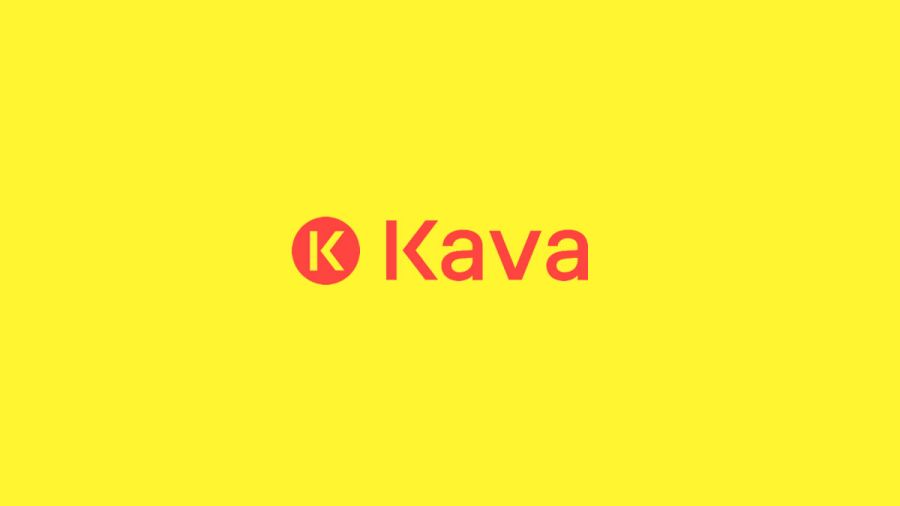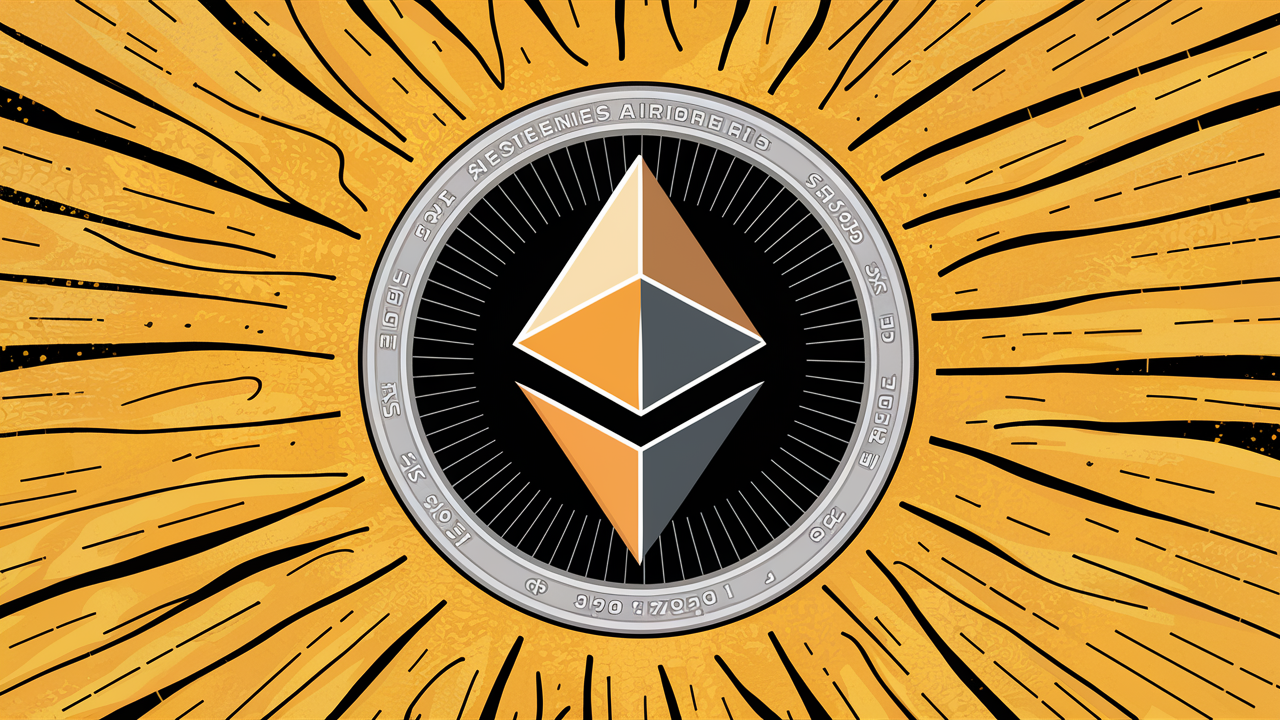What is Kava?
CryptoPress
- Kava is a cross-chain DeFi platform offering collateralized loans and stablecoins to users of major crypto assets.
- Kava offers decentralized lending and borrowing, low fees, high security, and cross-chain compatibility.
- Kava is unique due to its combination of the speed and interoperability of Cosmos with the developer power of Ethereum.
What is Kava?
Kava is a cross-chain DeFi platform that offers collateralized loans and stablecoins to users of major crypto assets such as BTC, XRP, BNB, ATOM, etc. It is supported by over 100+ business entities around the world, including prominent crypto funds and major crypto projects like Ripple and Cosmos. The platform features two tokens: KAVA, a governance and staking token responsible for securing the network and voting on key parameters; and USDX, an algorithmically maintained stablecoin backed by crypto asset collateral.
Factsheet
Official Website: https://www.kava.io/
Block Explorer: https://www.mintscan.io/kava
Documentation and whitepaper: https://www.kava.io/developers#resources
Social Accounts:
- Twitter: https://twitter.com/KAVA_CHAIN
- Telegram: https://t.me/kavalabs
- Medium: https://medium.com/@Kava-Network
- Discord: https://discord.com/invite/q6QuanE4bx
Audits: CertiK
Market Cap (7/8/2023): $569,066,381
Market price chart and Exchanges: https://cryptopress.site/currencies/KAVA/kava/USD/
ICO:
| Date | Platform | Token Price (USD) | Fundraising Goal (USD) |
|---|---|---|---|
| Oct 23-24, 2019 | Binance Launchpad | 0.46 | 3,000,000 |
- How Kava Works
Kava operates through a combination of its lending protocol, staking protocol, and cross-chain capabilities. The lending protocol allows users to take out stablecoin loans using their assets as collateral. The staking protocol allows users to earn rewards for locking up their KAVA tokens in a staking pool. The cross-chain capabilities allow for seamless interoperability between different blockchain ecosystems.
- Brief History of Kava Crypto Project and Team
Kava was founded in 2018 by Brian Kerr, Scott Stuart, and Ruaridh O’Donnell. The team has extensive experience in the blockchain industry and has worked on projects such as Ripple, Tendermint, Cosmos, and MakerDAO. The KAVA token was first launched in 2019 with a Binance Launchpad educational event.
- Kava’s Features
Kava’s advantages include decentralized lending and borrowing, low fees, high security, and cross-chain compatibility. Its lending protocol allows users to take out stablecoin loans using their assets as collateral. Its staking protocol allows users to earn rewards for locking up their KAVA tokens in a staking pool. Its cross-chain capabilities allow for seamless interoperability between different blockchain ecosystems.
Benefits of Using Kava
- Decentralized lending and borrowing
- Low fees
- High security
- Cross-chain compatibility
Kava’s Lending Protocol Kava’s lending protocol allows users to take out stablecoin loans using their assets as collateral. This provides users with access to liquidity without having to sell their assets.
Kava’s Staking Protocol Kava’s staking protocol allows users to earn rewards for locking up their KAVA tokens in a staking pool. This helps secure the network and ensure its stability.
Kava’s Cross-Chain Capabilities Kava’s cross-chain capabilities allow for seamless interoperability between different blockchain ecosystems. This means that users can easily move assets between different blockchains without having to go through a centralized exchange.
- Risks of Using Kava
There are several risks associated with using Kava, including smart contract risk, market volatility risk, and liquidity risk.
Smart Contract Risk Smart contract risk refers to the possibility that there may be vulnerabilities or errors in the smart contracts used by the platform. This could result in loss of funds or other negative consequences.
Market Volatility Risk Market volatility risk refers to the possibility that the value of the assets used as collateral may fluctuate significantly. This could result in liquidation of collateral if the value falls below a certain threshold.
Liquidity Risk Liquidity risk refers to the possibility that there may not be enough liquidity on the platform to support user transactions. This could result in difficulty withdrawing funds or executing trades.
- What Makes Kava Unique?
What makes Kava unique is its combination of the speed and interoperability of Cosmos with the developer power of Ethereum. This allows for enhanced scalability and growth potential while also providing developers with a powerful platform for building decentralized applications.
- Kava Governance
The Kava network is governed by the KAVA token. Token holders can use their tokens to vote on proposals that affect the network, such as changes to key parameters or upgrades to the network.
The Kava network is secured through a Tendermint-based proof-of-stake consensus mechanism. This uses a network of validator nodes for confirming transactions. These validator nodes must put up collateral to take up the duty of validating transactions. If validators misbehave or fail to meet rigorous minimum requirements, their stake will be penalized, thereby incentivizing validators to remain honest and efficient.
In conclusion, Kava is a cross-chain DeFi platform that allows you to borrow and use stablecoins with major cryptoassets. It has a lending protocol, a staking protocol and can work with different blockchains. With it, you can borrow and lend in a decentralized way, pay low fees, and have great security. But, as with everything, there are risks, such as smart contract risk, market volatility risk, and liquidity risk. What makes Kava unique is that it combines the speed and interoperability of Cosmos with the development power of Ethereum. The network is secured through a proof-of-stake consensus mechanism, and its governance is based on the KAVA token.
© 2024 Cryptopress. For informational purposes only, not offered as advice of any kind.
Latest Content
- REZ Airdrop: Increased Rewards and Early Access for Community
- Philippines Traders Fair 2024: Where Ambition and Expertise Unite
- Crypto Market Update: April 25, 2024
- Renzo’s Restaked ETH Depegs to $700: DeFi Platforms Gearbox and Morpho Face Liquidations
- Crypto Market Update: Insights and Trends for April 23, 2024
Related
- Earn up to ~50% APR With the KAVA/USDC Sushi Pool Kava (kava.io) is a safe and fast Layer-1 blockchain that combines the developer power of Ethereum with the speed and interoperability of Cosmos....
- Kava Adds EVM Support With Alpha Launch of Ethereum Co-Chain Kava Adds EVM Support With Alpha Launch of Ethereum Co-Chain....
- Kava Announces The Loan Wars: $150K IBC Testnet Competition November 15, 2021 08:55 AM Eastern Standard Time SAN FRANCISCO–(BUSINESS WIRE)–Kava, a Layer-1 blockchain and decentralized autonomous organization (DAO), will be hosting an 11-day testnet competition to prepare for the launch of Kava 9 and IBC. “This is the biggest...
- Kava Labs Sponsors DeFi Innovation Challenge for Cosmos HackAtom VI Hackathon November 03, 2021 08:45 AM Eastern Daylight Time SAN FRANCISCO–(BUSINESS WIRE)–Kava Labs™, an open-source and non-custodial developer of financial products and services for decentralized finance (DeFi), is sponsoring a Cosmos HackAtom VI challenge aimed at driving DeFi innovation using the...





